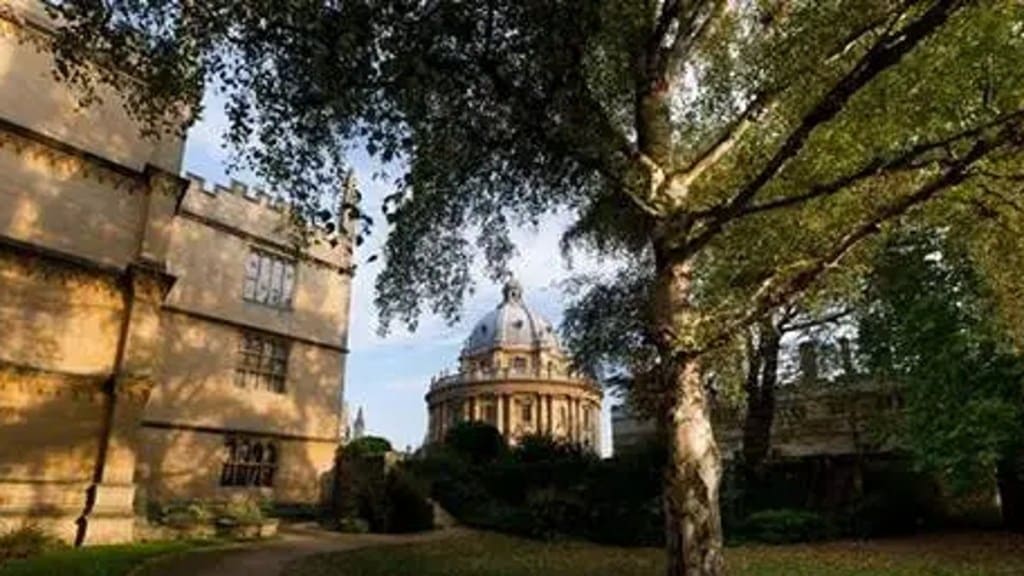The National Indian Students and Alumni Association (NISAU) and the Russell Group come in support of a large number of Indian students who are currently studying in the UK or those who are willing to relocate to the English country for educational purposes to safeguard the Graduate Route Visa (GRV).
The representative body of Indian students and alumni in the UK, NISAU wrote a letter to the UK Prime Minister, Rishi Sunak yesterday. The initiative comes amid reports of temporary and permanent restrictions on the Graduate Route which allows international students to stay in the country for two years post graduation to gain work experience. Reports suggest that Sunak is considering this ban on the Graduate Route to limit the increasing migration statistics ahead of the general election in the country.
Incidentally, PM Rishi Sunak has ended months of speculation and has set July 4 as the election date.
In its letter, NISAU holds the view that GRV’s policy plays a crucial role in upholding the UK’s appeal as a preferred destination for international students while also bolstering the higher education sector and economy of the UK.
Sanam Arora, Chair of NISAU UK, highlights that in accordance with government directives, the recent report from the Migration Advisory Committee (MAC) concludes that there is no substantiated evidence of abuse within the Graduate Route. The MAC even recommends retaining the route in its current configuration.
The letter highlights findings from a recent Survation poll, indicating that most voters oppose prioritising cutting student numbers in immigration policies for the UK. Instead, they recognize the significant economic value international students bring to the country. A staggering 66 percent believe that the Graduate route should enable international graduates to work in the UK for the allotted two years or even extend it further. Merely 4 percent advocate for the government to concentrate on decreasing international student enrollment.
Tim Bradshaw, chief executive of the Russell Group, has also expressed his support for the Graduate Visa and said, “We recognise concerns around the behaviour of some agents and we would support targeted measures to address this. However, the overall message from the MAC is that the Graduate Route is achieving its objectives as set out by the Government. We would therefore urge Ministers to end the uncertainty and confirm as soon as possible that the route will continue in its entirety.”
What is the Graduate Route Visa (GRV)?
Introduced in 2021, these provisions enable students to stay in the UK for a minimum of two years after finishing their undergraduate, postgraduate, or comparable studies. Doctoral degree holders enjoy an extension of up to three years, providing them with a chance to explore employment prospects.
An applicant for the Graduate Route Visa (GRV) must be present in the UK at the time of application and hold either a Short-Term Study visa or a General Student Visa (Tier 4). Furthermore, the applicant’s educational institution must inform the UK Home Office upon successful completion of the course.
What will be the implications of changes in GRV?
In India, a growing trend of studying abroad has emerged, driven by various factors such as diverse opportunities abroad that instil confidence in students about creating a more promising future overseas. Among most opted countries, the UK is one of the top study destinations chosen by the Indian students which is greatly contributing to the international economy, as per the Statista.
Experts suggest that Sunak’s proposal to limit Graduate Route Visas (GRVs) could notably decrease the influx of international students to the UK. This restriction may breed uncertainty concerning post-graduation opportunities and the chance for a prolonged stay in the country. Confining GRVs solely to the “best and brightest” would particularly impede the aspirations of average students aiming to study in the UK.

